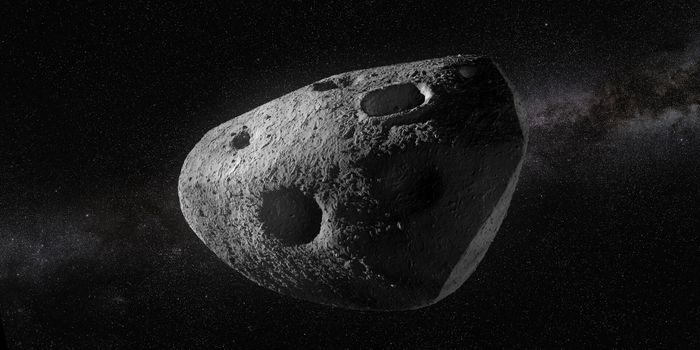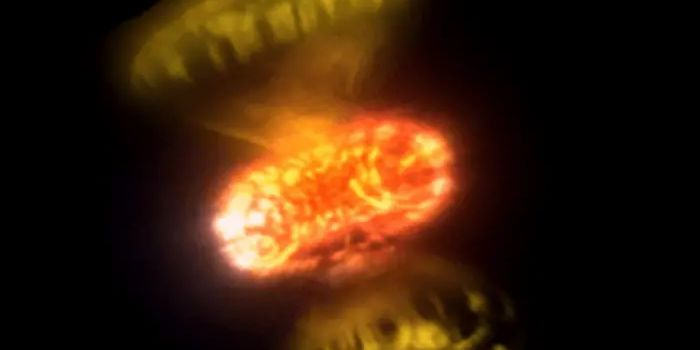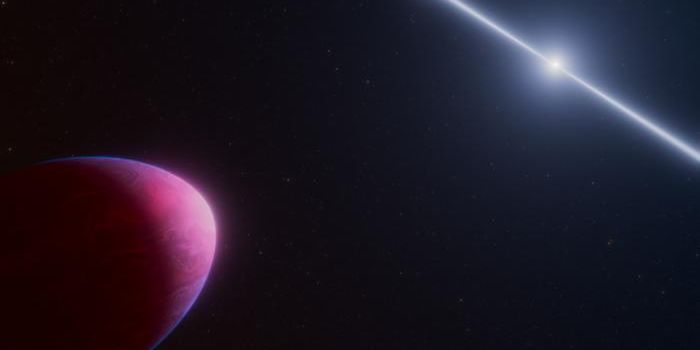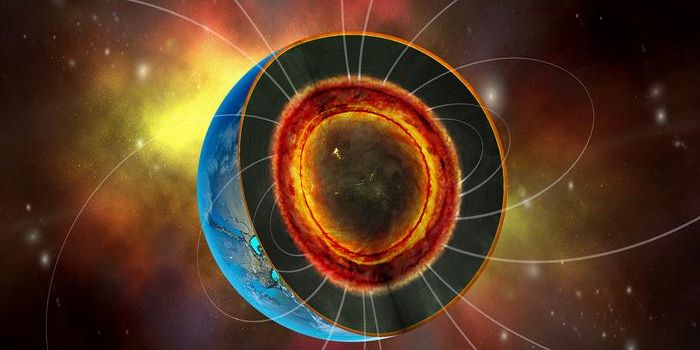The Reflective and Beautiful Atmosphere of Venus | Solar System Wonders
Credit: NASA/JPL-Caltech
Labroots previously examined the planet Venus, calling it “The Deceptive Planet”. This was due to its beautiful atmosphere that hides an extremely hot and corrosive surface. This is because while Venus gives the appearance of something beautiful, its surface is anything but, with scorching temperatures approaching 900˚F (475˚C) and surface pressures greater than 90 times of Earth, making it the hottest planet in our solar system, and one of the most inhospitable locales, as well. But while its surface might be inhospitable for life, Venus’ atmosphere paints a much different picture in terms of hospitable environments and might even be able to support life. The atmospheric clouds of Venus are so bright and reflective that Venus itself often gets mistaken for a star, which can be observed from Earth during sunrise or sunset, often being referred to as the “morning star” and “evening star”.
In stark contrast to its surface, the atmospheric temperature of Venus can reach 80–98 °F (27–37 °C) during the day and drops to (−280 to −226 °F, −173 to −143 °C) during the night. It’s important to note that one day on Venus is 243 Earth days. The temperature within the atmosphere also fluctuates a great deal depending on the altitude, as well. It is possibly due to these more hospitable atmospheric temperatures that several recent studies have proposed the atmosphere of Venus might be able to host life.
Several space probes from various countries have attempted to examine Venus’ atmosphere, to include NASA’s Pioneer Venus, the former Soviet Union’s Venera missions, and Japan’s Akatsuki mission. One of the most important upcoming missions is NASA’s DAVINCI mission, which will be designed to explicitly study Venus’ atmosphere in detail.
What new details will we learn about Venus and its unique atmosphere? Only time will tell, and this is why we science!
Sources: Labroots, Labroots (1), Space.com, Britannica, UC Riverside News, NASA, NASA (1)
As always, keep doing science & keep looking up!









